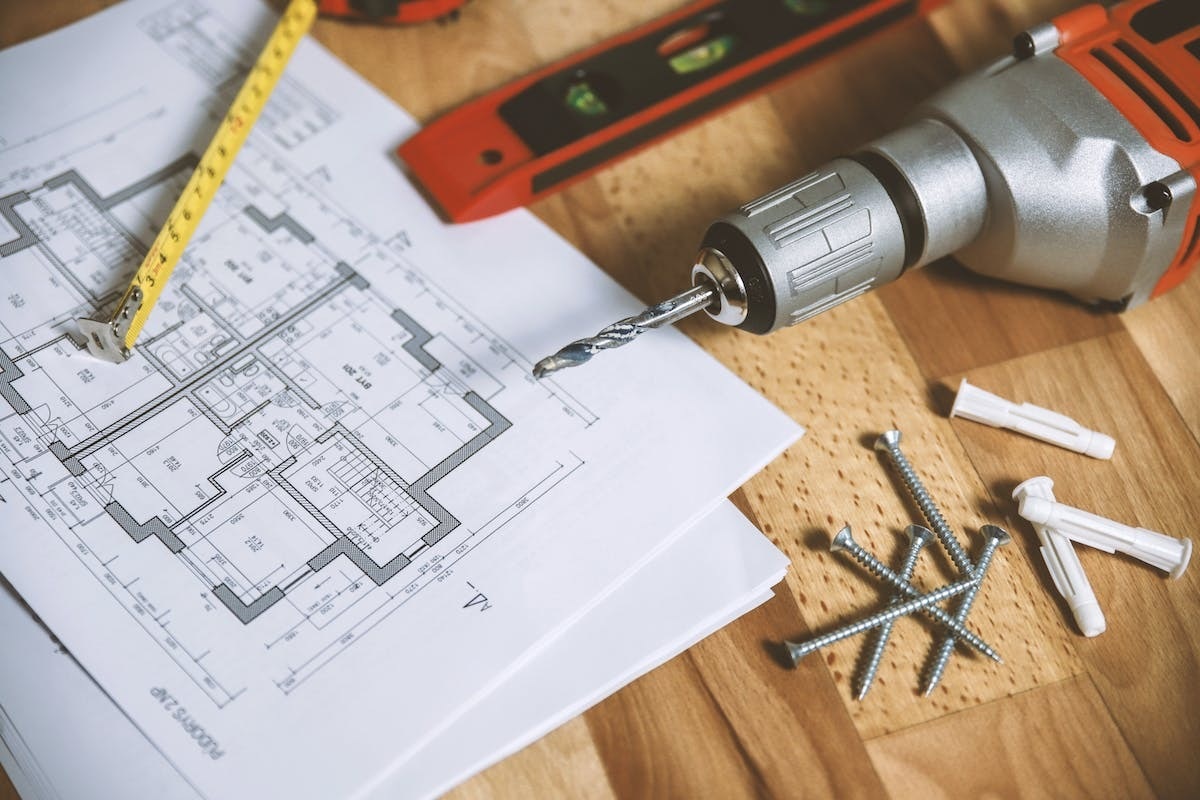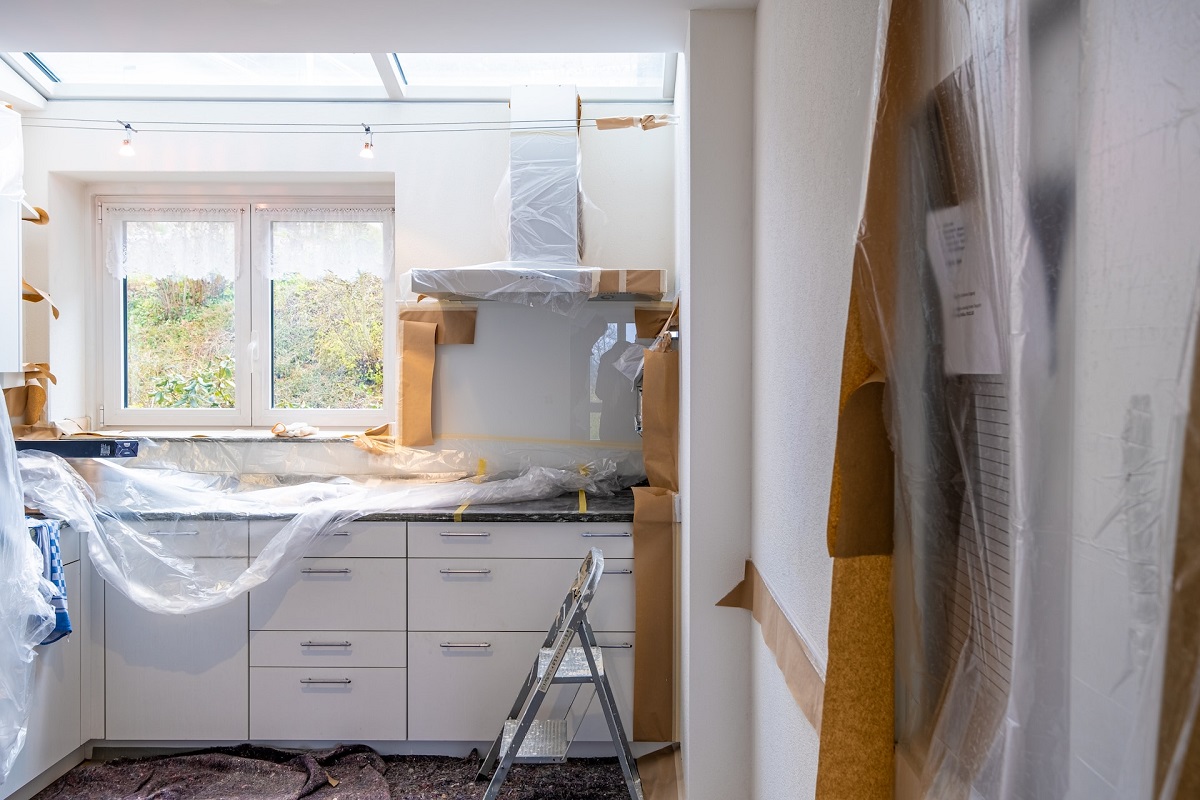
Pitfalls and questions to ask when buying new construction
___
Published Date 1/12/2024
New or used? Sticks in the ground or established neighborhood? In these days of historically low levels of existing homes for sale, buying new construction is often one of the only games in town. These new structures may not be precisely what you wanted, but because developers can dig into their own pockets to offer some lower prices per square foot and attractive financing as well, you may decide not to wait until the resale home market turns.
Pitfalls when buying a new home are not quite the same as the ones buyers are told to watch out for in resale homes. Realtor.com’s Kimberly Dawn Neumann says, “Working with a builder versus a home seller comes with its own unique challenges, from the extended timeline to the best negotiation tactics where developers are willing to bend.” She continues, “Buyers unfamiliar with how the process works can end up blindsided by costly curveballs.”
Remember that when you’re buying new, you’re buying a product. Just as all carmakers don’t hold themselves to the same standards, all builders don’t either. So Neumann’s advice is to start your new-construction home search by researching the builder’s reputation and track record. She engages the suggestions made by Washington-based mortgage manager Christina McCollum: “Look for online reviews, speak with previous buyers if possible, and check if there have been any legal disputes or complaints against the builder. A reputable builder with a history of quality work is a safer choice for your investment.”
If the builder is a household word in your city, ask the builder’s rep to direct you to some of the established neighborhoods in town. Then drive through a few of them and see how they’ve aged. If you see a homeowner or two outside, consider stopping and asking them how satisfied they’ve been with their home as well as the builder’s responsiveness when things go haywire.
Builders don’t haggle on price unless certain circumstances exist. A home that is finished and needs a buyer causes them to make monthly payments on it, and they may be eager to unload it. If the neighborhood is nearly finished and they need to move tradesmen to the next project, they may be eager to make a deal. Or if the house fell out of escrow and has someone else’s very individual upgrade tastes installed, they might lower the price. In general, however, builders typically won’t bend much on price.
What they will deal on, however, are incentives. “Different builders have different incentives to offer, including mortgage interest rate buy-downs and rate locks,” says Neumann. “With today’s interest rates still sky-high, these incentives can help lower monthly housing costs and end up being even more valuable to buyers than a lower-priced house.” Neumann doesn’t mention this, but while it’s true that because of builder incentives a home’s price could be significantly lower than what you expect, many builders tie their “perks” to using their in-house lender. Should you already have a lender you prefer, those incentives might not be available to you. Should you decide to use their lender to get the goodies included, there is no reason not to compare rates with outside lenders, showing them to their mortgage rep and asking how they might match a lower rate that offers the same terms.
Timelines can be all over the map with new construction. It’s important to have a complete understanding of the timeline to complete your home, especially if you are in a lease that will expire or you are selling your current home. Then pad that timeline in case of delays. Delays can happen for a plethora of reasons: bad weather, government permitting issues, labor issues, and failed inspections. So have a backup plan.
Nearly all new home contracts contain a clause that says that the builder has the right to alter its homes’ exteriors if they want to and that you should NOT expect your house to look exactly like the model you walked through but the rendering on the builder brochure. They are protecting their supply chain prospects as well as the fact that building any home is not an exact science.
As for customizing your new home, know that not all of its interior amenities are up for grabs. Things like doorknobs, appliances, fixtures, flooring, and layout are pretty much set in stone from your choices at the builder’s design center. If you don’t like their array of selections, you can buy the basic finished house, close escrow, and pay for your upgrades separately. They simply won’t be included in your mortgage payment. So it’s important to have an open dialogue with your builder and ask all of your customization and design questions at the outset. And know that anything you install after the sale is not included in the builder warranty.
As you walk through a model home, you’ll find listings or signage telling you what’s included, what’s an upgrade, and what is a designer suggestion. If you’re early enough in the home-buying process with a builder, a huge number of upgrades may be available to you, but they’ll cost you, adding to your monthly payment. Temptations abound to just have it all done when you move in. But here again, you have the option of comparing prices and waiting for some upgrades until later. Fancy features, such as outdoor kitchens and bathroom saunas, might catch your eye, but the costs can add up.
As for things like laundry sinks, security systems or whole-house sound systems, you can approach the builder to install the rough-in for wiring and plumbing and do the rest yourself when your budget allows. Neumann says it’s important to be cautious and not let the allure of a fully upgraded home push you beyond your financial comfort zone.
Ah. Those extras that come with new home neighborhoods. “Buyers are often so focused on their own property that they forget to ask about the entire community being built around them,” says Neumann. “Typically, master-planned communities come with plans for plenty of additional infrastructure—schools, grocery stores, health care, and entertainment,” says one expert Neumann consulted. “Knowing when these services will be available should be an important factor in your decision-making, so query builders on their infrastructure plans and completion times.”
And don’t forget that you’ll likely be paying an additional homeowners association fee for them and that monthly fee can and will go up over time. Supplemental taxes are also an issue in new home neighborhoods, as regular property taxes may not pay for all the things that are automatically included in older communities.
It’s easy to skim over the builder’s purchase agreement in your eagerness to buy. “It usually includes a deposit and will outline other elements of the sale, such as baseline inclusions and the construction timeline. It’s very important to know exactly what you’re signing so your expectations and costs stay manageable,” says Neumann. While most buyers aren’t experts in property law, contracts are rarely very forgiving. So read through it carefully, and if something is unclear, don’t sign and hope for the best. If you were represented by an agent and registered by them on your first visit to the community, consult with them to help you through the process successfully. The builder’s agent represents the seller only.
While many new-construction buyers choose not to hire an independent home inspector, know that just because a property is new doesn’t mean it’s perfect. A reputable home inspector can identify potential issues that might not be visible to the untrained eye and can help you negotiate with the builder for necessary repairs. It will cost you extra, but your extra peace of mind might be worth it.
New home warranties usually contain a promise to fix anything that breaks within a set period (typically a year), along with a foundation and structural warranty for a set period of years. While this is a nice perk, many homebuyers don’t make use of it since they simply don’t know what it covers, or for how long.
In essence, however, warranties are your safeguard against poor construction quality and unforeseen defects. Make sure you’re comfortable with what’s on offer before you sign on the dotted line. Ask questions during your final walk-through. In fact, it’s a great idea to video your walkthrough. Your builder rep will point out what the builder warranty covers (or at least tell you in which kitchen drawer they left the warranty paperwork for appliances and systems the house contains), and check to see if the builder includes a quality control walk-through within the first year of ownership. Most builder superintendents have what are called “punch lists” of items that they have already agreed to address over the first few months — things like sloppy paint or a piece of crooked baseboard.
But also know that builders will not hold themselves liable for repairing things that you or your family might have inadvertently caused — like a teddy bear flushed down a toilet or products used on new surfaces that did not follow warranty guidelines.
Realtor,TBWS
All information furnished has been forwarded to you and is provided by thetbwsgroup only for informational purposes. Forecasting shall be considered as events which may be expected but not guaranteed. Neither the forwarding party and/or company nor thetbwsgroup assume any responsibility to any person who relies on information or forecasting contained in this report and disclaims all liability in respect to decisions or actions, or lack thereof based on any or all of the contents of this report.
Millenium Home Mortgage, LLC NMLS # 51519 Licensed by the NJ Department of Banking and Insurance, CT Mortgage Banker 1st and 2nd Mortgages Licensed as MHM Home Mortgage, Licensed by the Pennsylvania Department of Banking. All interest rates, fees and programs are subject to change without notice. THIS ENTIRE SITE IS NOT INTENDED AS A SOLICITATION FOR MORTGAGE LOAN CUSTOMERS IN NEW YORK, PENNSYLVANIA, OR CONNECTICUT.


Joseph Galayda
Licensed NJ Mortgage Banker
NMLS: 65345
Millenium Home Mortgage LLC
211 North Ave East, Westfield NJ
Company NMLS: 65378
Office: 908-588-7601
Cell: 908-875-7918
Email: jgalayda@mhmlender.com

Joseph Galayda
___
Licensed NJ Mortgage Banker
NMLS: 65345
Cell: 908-875-7918
Last articles
___

The chicken or the egg? Buy or build?
11/8/2024
The decision to buy or build a home has become increasingly complex in today's m... view more

The bond market is calmer after several days of high volatility
11/8/2024
Yesterday Powell and the Fed lowered the FF rate by 25 bps as was widely anticip... view more

The Bank of England cut their key rate as was expected
11/7/2024
The Bank of England cut their interest rate by...... view more

When Your Neighbor's Mess Becomes Your Problem
11/6/2024
Curb appeal plays a crucial role when selling a home, with messy neighbors poten... view more

Housing Market Shift: Listings Soar to Pre-Pandemic Levels
11/4/2024
Even if home prices have not fallen, it might be good to know that you’ve got mo... view more

Three things that could impact rates this week
11/4/2024
These are the three areas that have the greatest ability to impact rates this we... view more

Doctor's kitchen warning soaks up controversy
11/1/2024
A medical professional's viral warning about a common kitchen item has sparked h... view more

The October Jobs report was lower than expected
11/1/2024
Markets waited all week for October employment data; it hit at 8:30 am ET...... view more

Market’s puzzled by low Initial Weekly Jobless Claims
10/31/2024
The October Challenger Job Cuts fell from 73K down to 56K. Initial Weekly Jobles... view more

Warming up your winter home listing when the market runs cold
10/30/2024
Seems like a no-brainer to get a home ready to list when the weather is fine, th... view more
Load more
 Millenium Home Mortgage LLC
Millenium Home Mortgage LLC
































